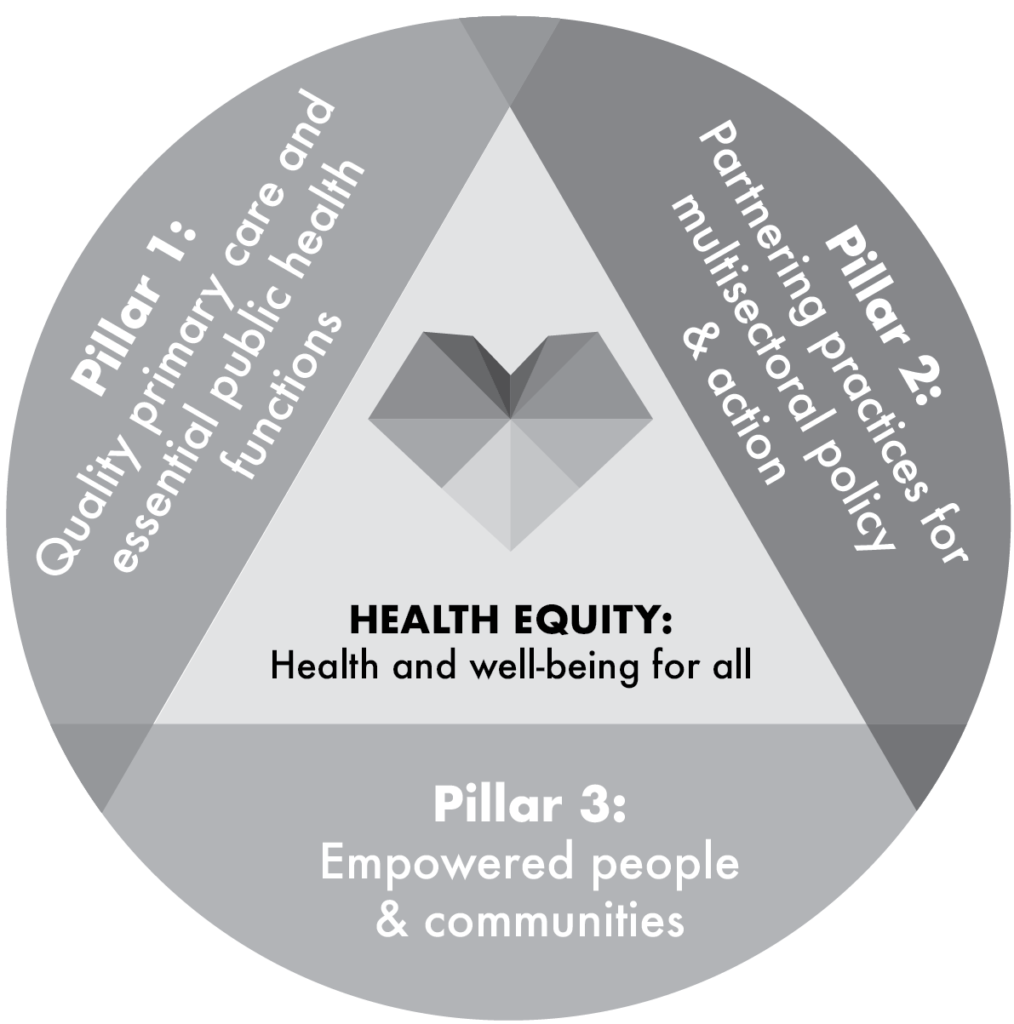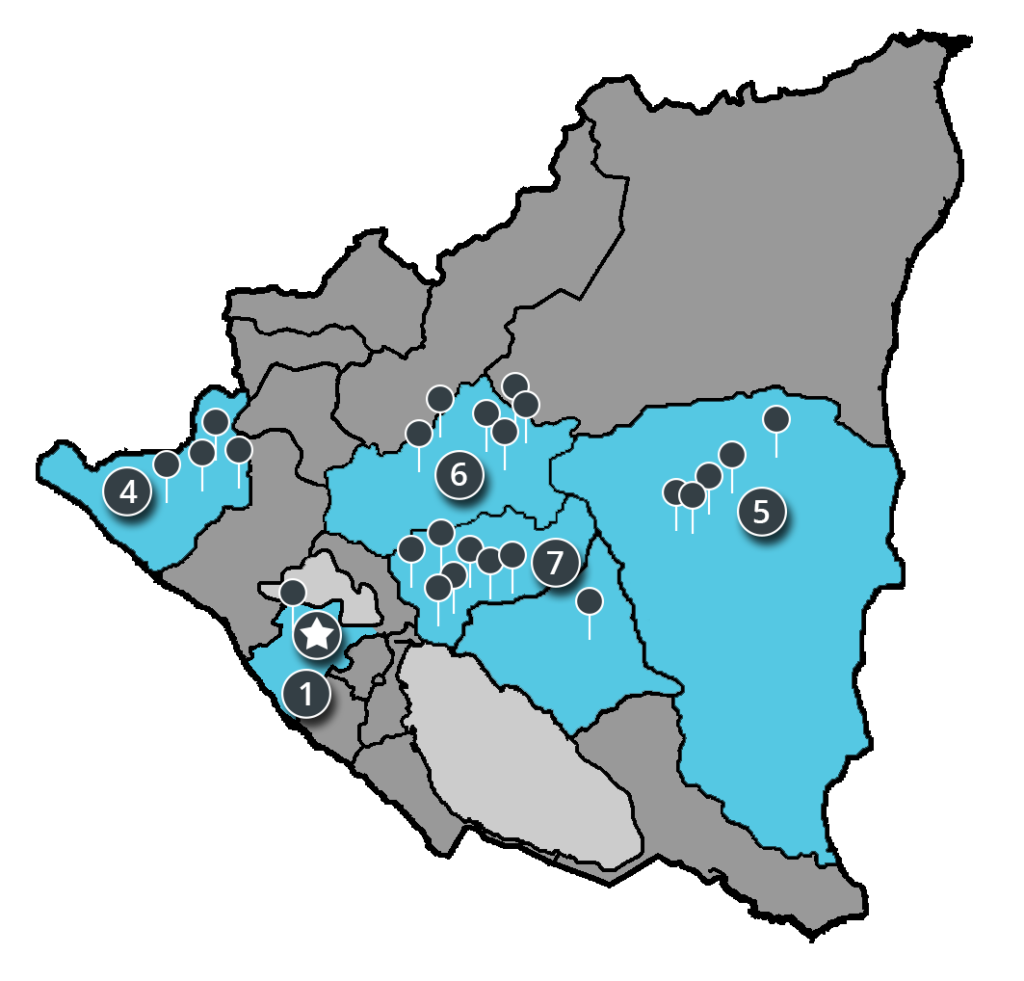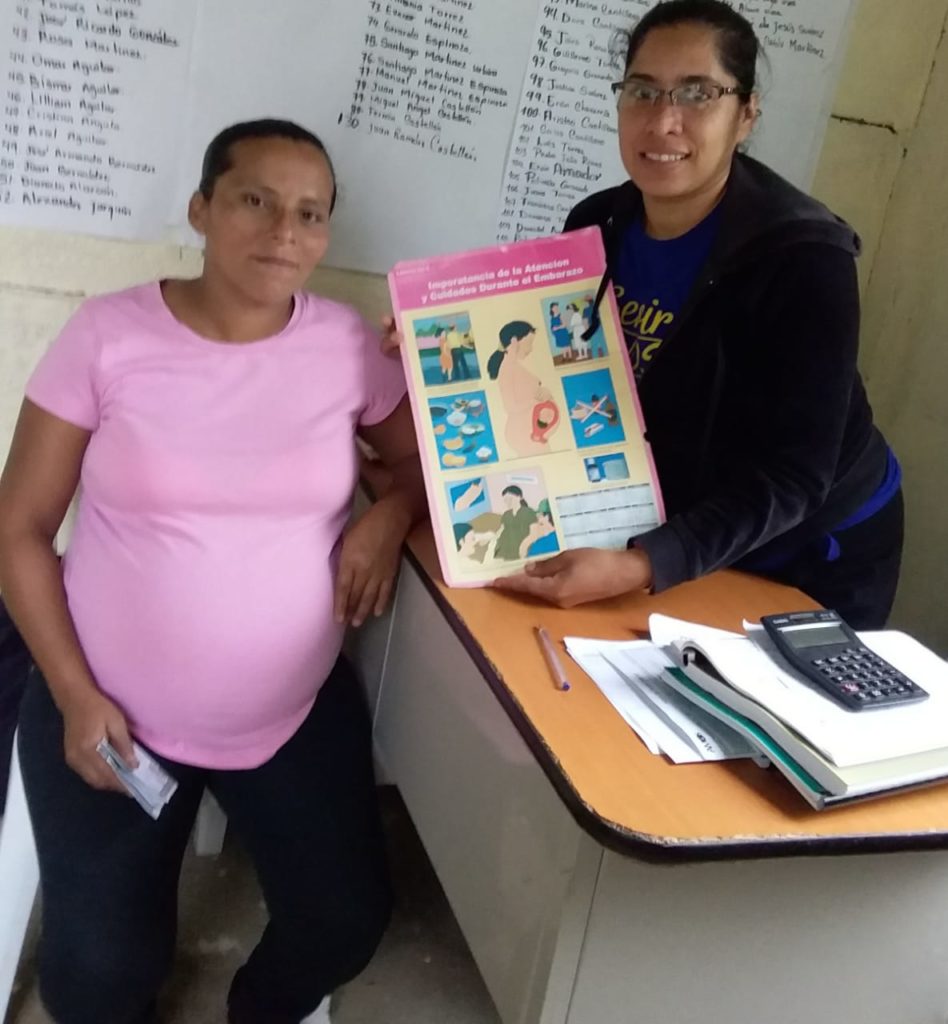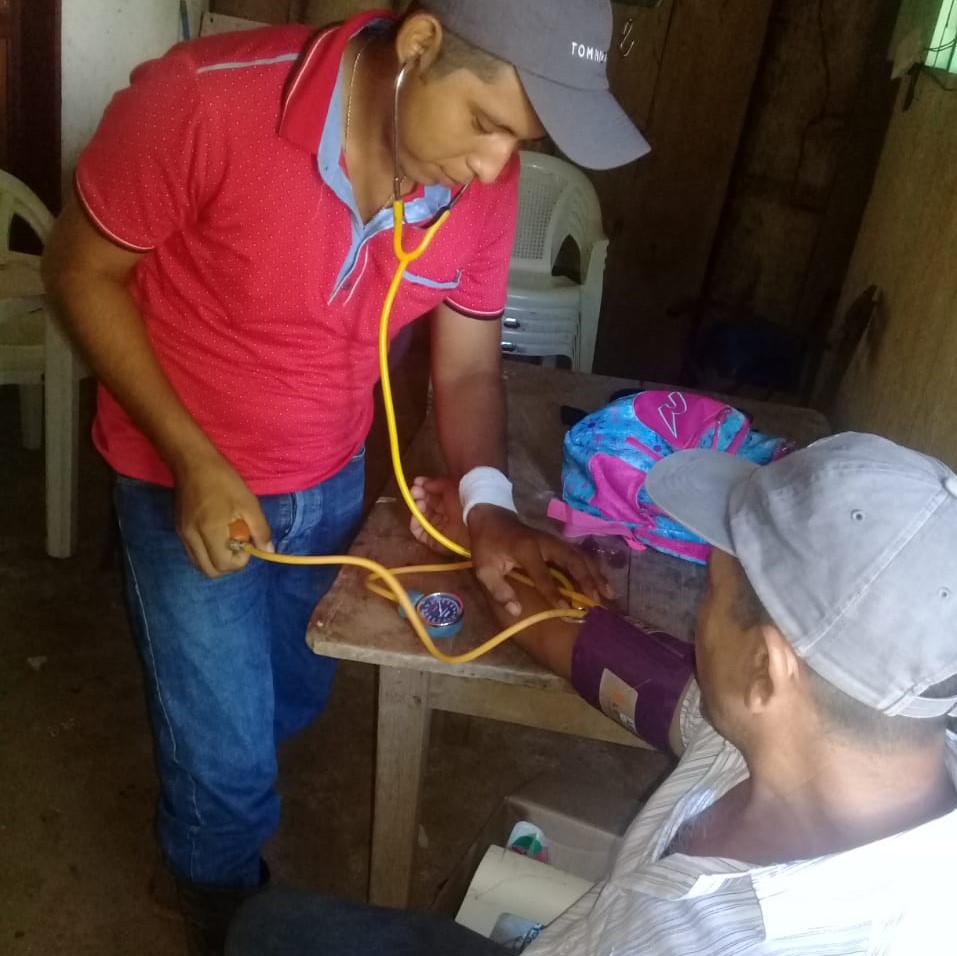Everyone deserves to have health and hope.
No matter where you are born. No matter where you live.
The Need
Factors like the quality of roads where you live, distance from the nearest health centers, access to clean water and electricity, shelter that protects you from the elements, and your family’s level of income all have a significant impact on your health. An estimated 30% of the population of Nicaragua lives on less than $2 per day, which makes access to essential medications and health care very difficult.
Every day, children die of completely preventable and treatable diseases as simple as diarrhea or pneumonia.
No person should die from a preventable cause. People who live in extremely remote rural areas or in underserved urban neighborhoods deserve the same access to health care as people who live closer to health care facilities or who have greater access to resources.
How We Help

Adapted from the framework developed by the World Health Organization (WHO) and the United Nations Children’s Fund (UNICEF), AMOS uses three key pillars of primary health care to improve health in Nicaragua:
- Quality primary care and essential public health functions
- Partnering practices for multisectoral policy and action
- Empowered people and communities
At AMOS, our primary agents of change are our community health workers, who are local leaders trained to provide basic care and promote good health in their own rural villages or impoverished neighborhoods, paying special attention to the most vulnerable populations – pregnant mothers, newborns, children under five, and patients with chronic diseases.
AMOS is here to help.
Through our programs, we have served approximately 74,600 people in 25 communities in six regions of Nicaragua: Managua, Boaco, Matagalpa, Chinandega, Chontales, and RACCS. Since 2012, the communities AMOS works alongside have experienced zero maternal deaths, and in 2020, less than 1/6th of the national rate of child deaths.





